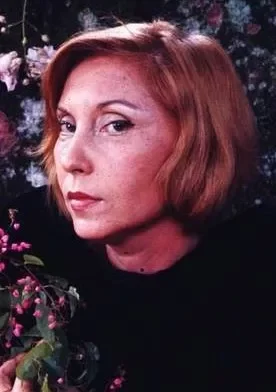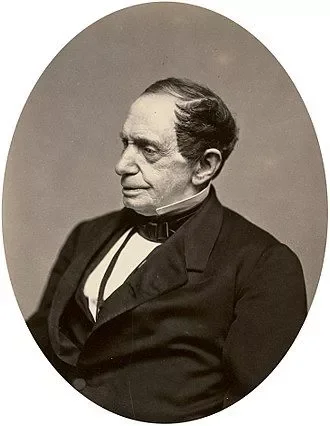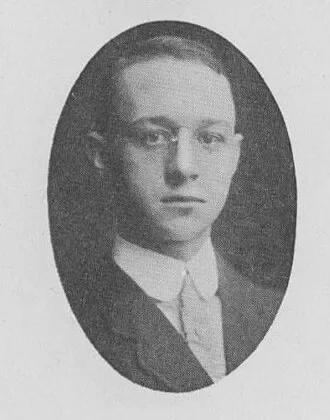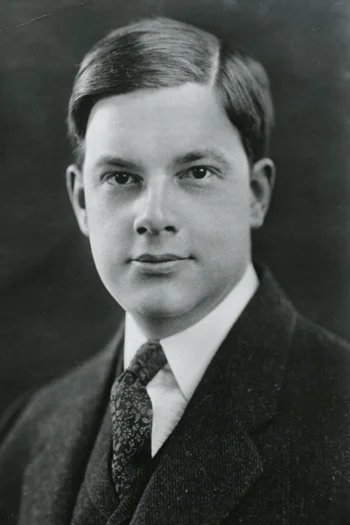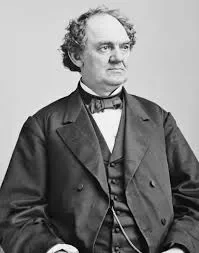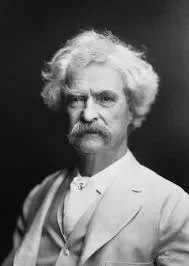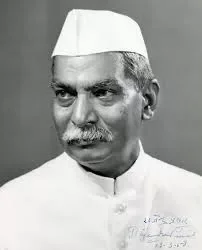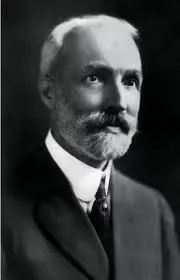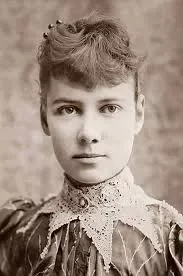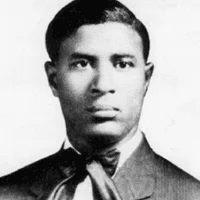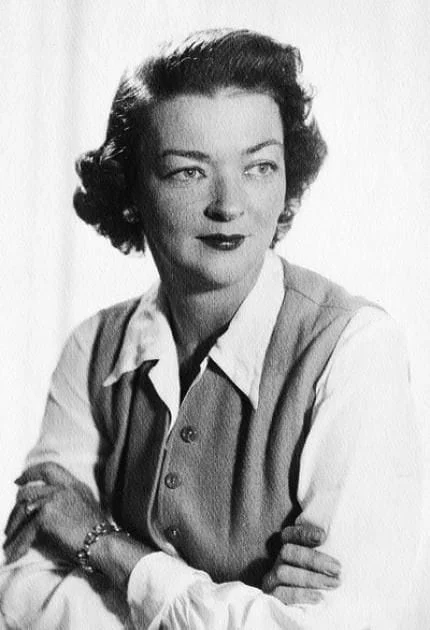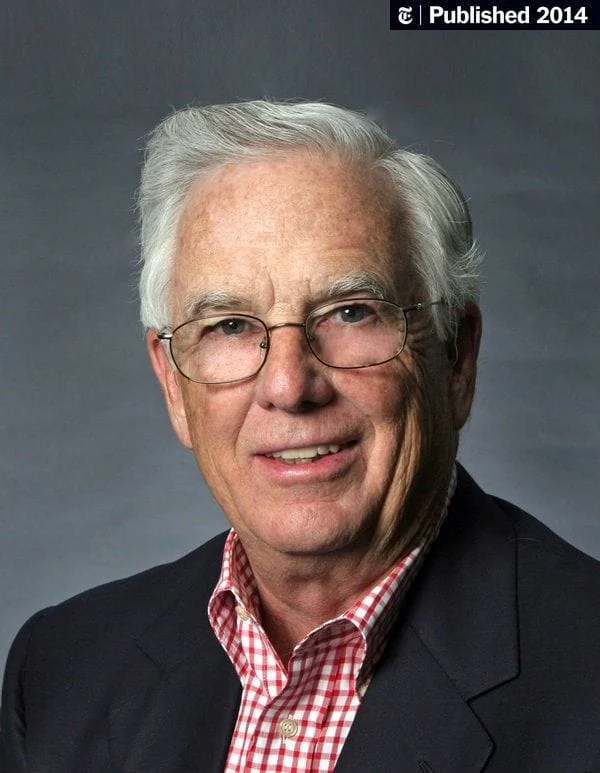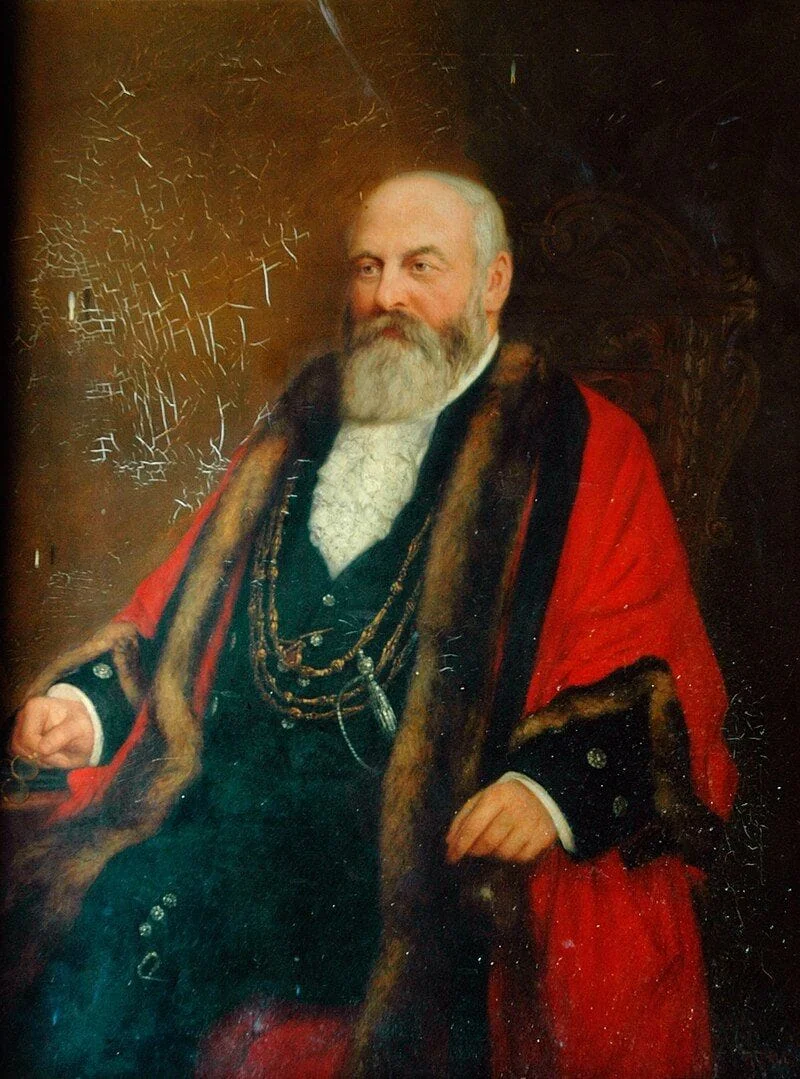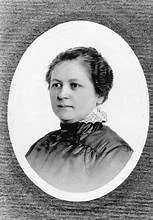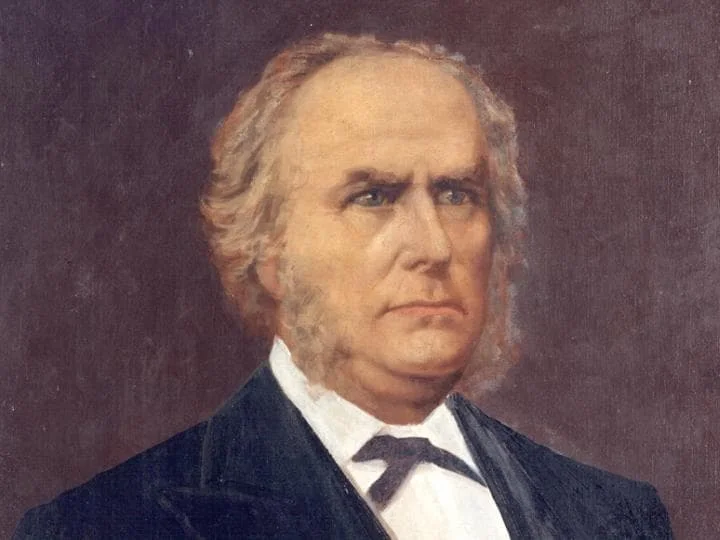Real Celebrities Never Die!
OR
Search For Past Celebrities Whose Birthday You Share
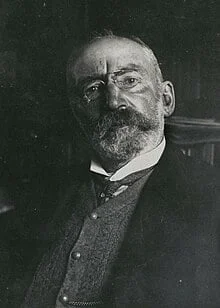
source:wikipedia.org/
J. F. Archibald
Birthday:
14 Jan, 1856
Date of Death:
10 Sep, 1919
Cause of death:
Heart failure
Nationality:
Australian
Famous As:
Accountant
Age at the time of death:
63
J.F. Archibald's Quote's
Early Life and Background
John Feltham Archibald, popularly known as J.F. Archibald, was a prominent Australian journalist, editor, and publisher who made significant contributions to the country’s media landscape. He was born on 14 January 1856 in Kildare, Victoria, Australia. When he was a child, his family relocated to New South Wales, where he grew up in Grafton.
Beginning of His Journalism Career
He began his career as a journalist at 19, working for several Sydney publications such as the Sydney Morning Herald and the Evening News. He rapidly distinguished himself as a gifted writer and editor known for his wit, humour, and astute comments.
Leadership at The Evening News
The Sydney daily newspaper, The Evening News, hired Archibald as its editor in 1880. He made the publication more innovative by changing the structure, covering more local news, and adopting a more dynamic and engaging tone. Under his direction, the paper’s readership grew, and he earned a reputation as one of Australia’s most important journalists.
Founding The Bulletin Magazine
Along with his colleague John Haynes, Archibald founded The Bulletin magazine in 1882. A combination of the magazine’s colourful and irreverent style, humorous commentary, and sarcastic drawings contributed to its immediate popularity. Haynes concentrated on the magazine’s commercial operations while Archibald functioned as editor and the magazine’s primary author.
The Bulletin’s Influence on Australian Journalism
The Bulletin swiftly became renowned as one of Australia’s most prominent journals, and it played an important role in moulding public opinion on various subjects, from politics and culture to social justice and economic change. Archibald’s editorial approach was defined by his devotion to free speech, willingness to confront authority, and enthusiasm for social justice.
Libel Trial with Sir Henry Parkes
In 1889, J.F. Archibald and Haynes were sued for libel by Sir Henry Parkes, the Premier of New South Wales, over an article criticising his policies. The trial lasted for six weeks and attracted widespread attention from the media and the public. Although the jury was unable to reach a verdict, the legal fees and negative publicity took a toll on the magazine’s finances.
Sale of The Bulletin and Later Career
Archibald was obliged to sell his portion of the journal to David Syme, a rich Melbourne publisher, in 1892. Despite the setback, Archibald remained dedicated to journalism, writing and editing for a variety of newspapers throughout his career.
Humanitarian Efforts and The Archibald Prize
Archibald became active in a variety of humanitarian endeavours after leaving The Bulletin. He gave money to a variety of organisations, including the creation of a fund for the education of the children of deceased journalists. In 1921, he also established the Archibald Prize, an annual art prize for portraiture. His name was given to the prize, which has since become one of Australia’s most distinguished art prizes.
Legacy and Impact
Archibald died in 1919 at the age of 63. His legacy in Australian journalism and the arts continues to this day. The Bulletin magazine, which he co-founded, ceased publication in 2008, but its influence on Australian journalism and culture remains significant.
Name:
J.F. Archibald
Popular Name:
J. F. Archibald
Gender:
Male
Cause of Death:
Heart failure
Spouse:
Place of Birth:
Kildare, Victoria, Australia
Place of Death:
Sydney, New South Wales, Australia
Occupation / Profession:
Personality Type
Mediator: Poetic, kind and altruistic people, always eager to help a good cause. He possessed a selfless mindset and was eager to assist others.
Archibald spent time in jail for failing to pay damages after losing a libel case related to The Bulletin, but later returned from England to make the magazine a success.
He co-founded The Bulletin, an influential Australian literary magazine, in 1880, which published works by famous writers like Henry Lawson and Banjo Paterson.
He established the famous Archibald Prize for portraiture in his will, which has become one of Australia's most prestigious and controversial art awards since 1921.
J.F. Archibald was born as John Feltham Archibald in 1856, but later changed his name to Jules François Archibald, likely to sound more sophisticated.
Archibald founded the Bulletin magazine in 1885, which became a significant publication in Australia.

